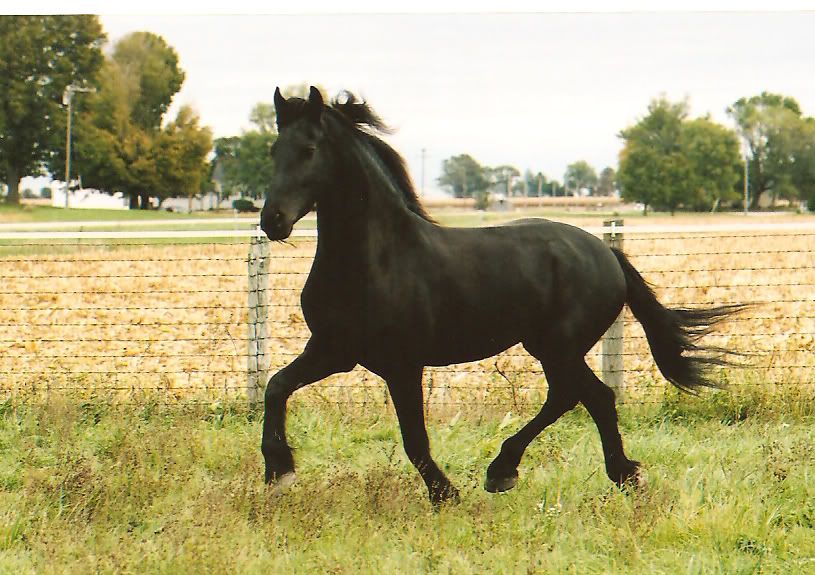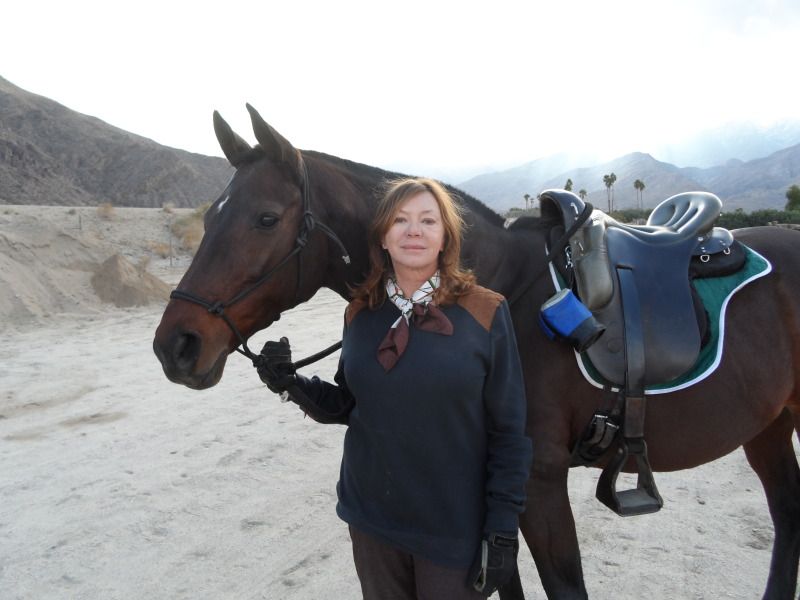Post by wildfire on Feb 14, 2005 9:59:16 GMT -5
Edwin Thomas had a genuine genius for Shakespearean tragedy, so the drama critics have said for over a century. With whom might we compare him today? Olivier? Burton? Williamson?
During the latter half of the 1800s, in the midst of a legion of theatrical challengers, Edwin Thomas had few rivals. Although he was a wholly competent and versatile actor, this small, slight, dark man with the magnificent voice possessed an uncanny genius for tragedy. How ironic that his own life should have been so marked by it and that his fame should have been overshadowed, his spirit broken, and his reputation nearly ruined by an occurrence with which he had nothing to do! He died with a letter in his pocket that might have set the record straight. But that's the best of
THE STORY.
Edwin Thomas made his acting debut at the age of fifteen, when he played Tressel to his father's Richard III. Two years later in New York, Edwin himself took the role of Richard III, but he was not to achieve any real acclaim until after his father's death, in 1852. In the years that followed, he met with phenomenal world-wide success. In New York he performed Hamlet for one hundred consecutive nights ... in Boston he quickly overcame his contemporaries ... in London he used the true text of Shakespeare, anticipating by years a similar reform in England.
Edwin had two brothers, John and Julius, who were also actors. Neither was of Edwin's stature though the three together gave a memorable performance of Julius Caesar at New York's Winter's Garden Theater in 1863. The fact that Edwin's brother John, took the role of Brutus during that performance is particularly significant when you understand that he was on the brink of organizing a dark conspiracy in real life. Within two years, John would quietly enter the rear of a box in a Washington theater . . . and discharge a pistol into the head of President Abraham Lincoln. You see, Edwin Thomas= last name was Booth. His less gifted brother, in whom the assassin Brutus was reborn ... was John Wilkes Booth.
There were two murders on that April night in1865. The same gunshot that sent a ball deep into Abraham Lincoln's brain somehow sent another into the heart of Edwin Thomas Booth. The great actor=s reputation eventually survived his brother's infamy, but his name, Edwin=s, was to be obscured by the stigma of John's deed.
Shortly after the assassination, a disconsolate Edwin retired from the stage to agonize over the question "Why?" When he returned to the stage many years later, the bombast that characterized his earlier style was gone. Some critics say that the quieter, more introspective manner that replaced it singularly foreshadowed the realism of twentieth-century acting, but Edwin might have told them differently. He carried with him to his dying day one supreme, secret irony that at last made him one with the tragic characters to whom he confined himself. For Hamlet, Macbeth, and Othello the strutting was over, the fretting had begun ... and a letter made the difference.
It was a letter of thanks for an act of courage at the peak of Edwin Booth=s career. The actor was waiting on the station platform in Jersey City to board a train one evening when suddenly, without warning, the coach he was about to enter started with a jolt. Edwin turned fast, then broke into a cold sweat. A well-dressed young man nearby, pressed by the crowd, had lost his footing and fallen between the station platform and the moving train. Alert, Edwin locked one leg around a railing and, holding on with one hand, grabbed the boy by the collar with the other and pulled him back to safety. After sighs of relief were exchanged, the lad recognized his rescuer as the famous Edwin Booth. He shook the actor's hand warmly . . . expressed his gratitude. Edwin smiled and turned away.
Edwin did not recognize the admirer whom he had saved. He found out several weeks later in a letter from General Adams Budeau, Chief Secretary to General Ulysses S. Grant. He carried that bittersweet letter to his grave.
It was as though by some terrible tipping of the scales that Edwin had spared the son of his brother's victim. While one brother had killed the President, the other had saved the life of the Presidents son . . . Robert Todd Lincoln.
During the latter half of the 1800s, in the midst of a legion of theatrical challengers, Edwin Thomas had few rivals. Although he was a wholly competent and versatile actor, this small, slight, dark man with the magnificent voice possessed an uncanny genius for tragedy. How ironic that his own life should have been so marked by it and that his fame should have been overshadowed, his spirit broken, and his reputation nearly ruined by an occurrence with which he had nothing to do! He died with a letter in his pocket that might have set the record straight. But that's the best of
THE STORY.
Edwin Thomas made his acting debut at the age of fifteen, when he played Tressel to his father's Richard III. Two years later in New York, Edwin himself took the role of Richard III, but he was not to achieve any real acclaim until after his father's death, in 1852. In the years that followed, he met with phenomenal world-wide success. In New York he performed Hamlet for one hundred consecutive nights ... in Boston he quickly overcame his contemporaries ... in London he used the true text of Shakespeare, anticipating by years a similar reform in England.
Edwin had two brothers, John and Julius, who were also actors. Neither was of Edwin's stature though the three together gave a memorable performance of Julius Caesar at New York's Winter's Garden Theater in 1863. The fact that Edwin's brother John, took the role of Brutus during that performance is particularly significant when you understand that he was on the brink of organizing a dark conspiracy in real life. Within two years, John would quietly enter the rear of a box in a Washington theater . . . and discharge a pistol into the head of President Abraham Lincoln. You see, Edwin Thomas= last name was Booth. His less gifted brother, in whom the assassin Brutus was reborn ... was John Wilkes Booth.
There were two murders on that April night in1865. The same gunshot that sent a ball deep into Abraham Lincoln's brain somehow sent another into the heart of Edwin Thomas Booth. The great actor=s reputation eventually survived his brother's infamy, but his name, Edwin=s, was to be obscured by the stigma of John's deed.
Shortly after the assassination, a disconsolate Edwin retired from the stage to agonize over the question "Why?" When he returned to the stage many years later, the bombast that characterized his earlier style was gone. Some critics say that the quieter, more introspective manner that replaced it singularly foreshadowed the realism of twentieth-century acting, but Edwin might have told them differently. He carried with him to his dying day one supreme, secret irony that at last made him one with the tragic characters to whom he confined himself. For Hamlet, Macbeth, and Othello the strutting was over, the fretting had begun ... and a letter made the difference.
It was a letter of thanks for an act of courage at the peak of Edwin Booth=s career. The actor was waiting on the station platform in Jersey City to board a train one evening when suddenly, without warning, the coach he was about to enter started with a jolt. Edwin turned fast, then broke into a cold sweat. A well-dressed young man nearby, pressed by the crowd, had lost his footing and fallen between the station platform and the moving train. Alert, Edwin locked one leg around a railing and, holding on with one hand, grabbed the boy by the collar with the other and pulled him back to safety. After sighs of relief were exchanged, the lad recognized his rescuer as the famous Edwin Booth. He shook the actor's hand warmly . . . expressed his gratitude. Edwin smiled and turned away.
Edwin did not recognize the admirer whom he had saved. He found out several weeks later in a letter from General Adams Budeau, Chief Secretary to General Ulysses S. Grant. He carried that bittersweet letter to his grave.
It was as though by some terrible tipping of the scales that Edwin had spared the son of his brother's victim. While one brother had killed the President, the other had saved the life of the Presidents son . . . Robert Todd Lincoln.




